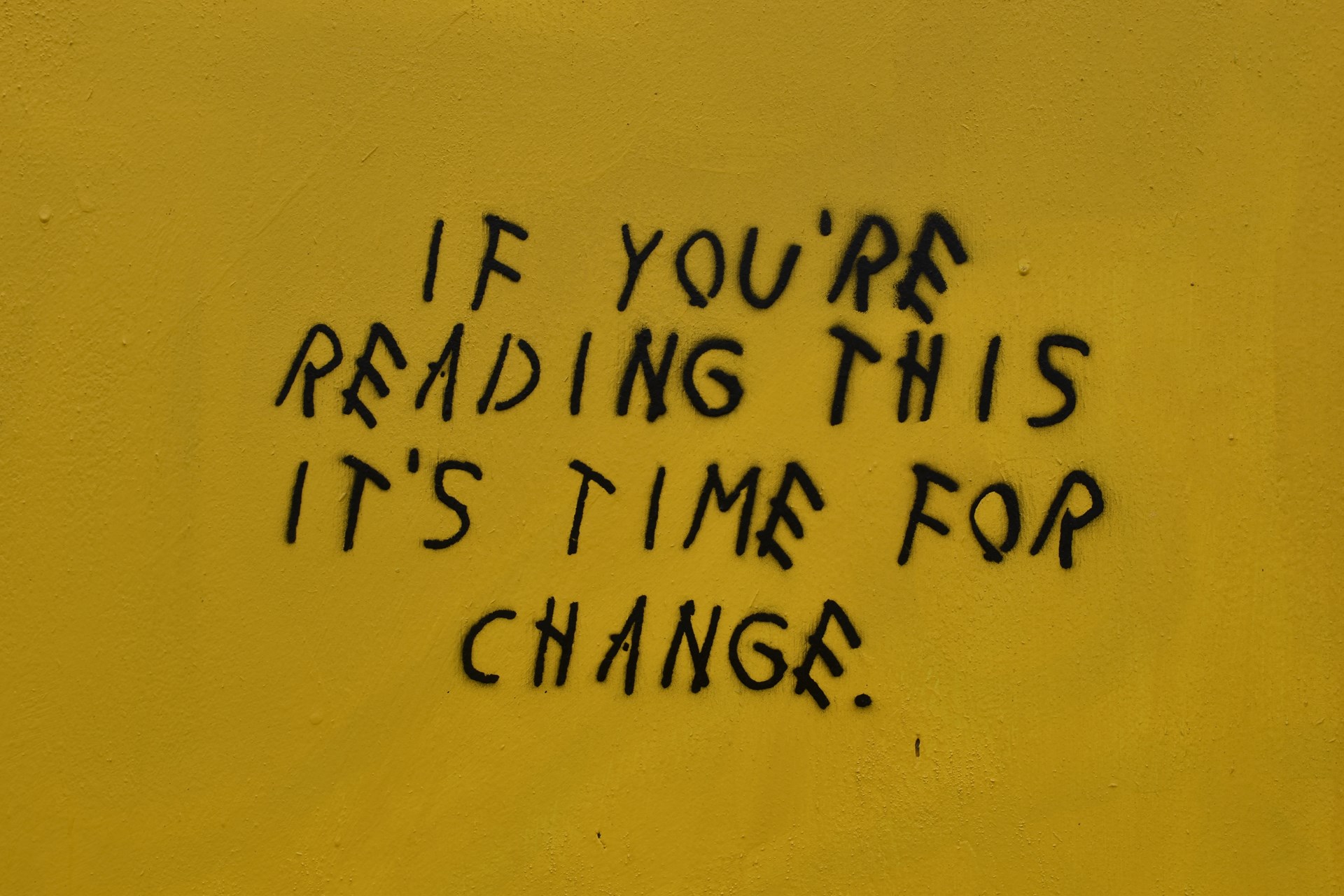In this phase of the therapy, my professor’s sentence often comes to my mind. And it is exactly during early stage of the therapy that it is important to address a few beliefs that may obstruct or ease change. Let’s check these out together:
“Change is a linear process”: FALSE
In my opinion as a psychologist and a human being, I must say that change, more often than not, is NOT a straight line point-to-point. The process of changing can be compared to the attempt to untie a ball of tangled threads: it needs patience and time (often difficult to define in advance)to be untied. Whoever thinks that change is a linear process may often not bear the frustration arising from the fact that change may happen in an unpredictable and messy way.
“When I’ll change (I’ll be more thin, more strong, more independent, I’ll get the job of my dreams, etc.) then I’ll be happy”: TRUE and FALSE
The change we expect to happen does not necessarily end in a greater well-being for us. We might get what we always desired (a relationship, a job, a home) and still be unsatisfied. This doesn’t mean that we don’t have to fight for our goals. In fact, change our life following our projects increases well-being and feelings of being capable and strong. I would like to underline, though, that sometimes our desires might not represent our real needs. For this reason, it is important to understand that changes that are congruent with our values are most likely to improve our well-being.
“Change ourselves is possible”: TRUE and FALSE
It is possible to change some aspects of ours: heal old wounds, change our attitude towards the world or other people, learn how to manage anxiety, stress and our mood. We may change a lot of things we do as well as our thoughts and our beliefs. There are things about us that we cannot easily change, though. And things that cannot be changed at all. For instance, we cannot change our sexual orientation, our generally speaking identity, our taste and all the aspects that naturally and intuitively belong to us. We might hide them from others but we cannot change them. One way to improve our well-being would be to change things that we can change and kindly accept what we cannot change.
“Things remain the same”: FALSE
Things change even though we don’t see it. Not choosing is, per se, a choice that may start a series of reactions: we might miss opportunities, we might consolidate an image of ourselves that does not represent us, we might lose enthusiasm or we might even create a feeling of growing powerlessness for ourselves. In the meantime, people and situations around us might find a new balance. And this balance might harm us.
“If you want to change, you need to reflect and ACT”: TRUE
For change to happen, you have to take action. However, people who have an impulsive trend should remember that actions must be thought through and mature: actions have consequences and often these consequences can’t be undone. Instead, people who have a trend to procrastinate should remember that they have to act in order to value a change. For this reason, I invite procratinators to ask themselves: “What action, even a small one, am I willing to take right now?”.
We all change everyday. Change is part of our lives: the more we accept it as part of our growth the more we may appreciate all of its aspects and welcome what we still don’t know about us and about the world.

